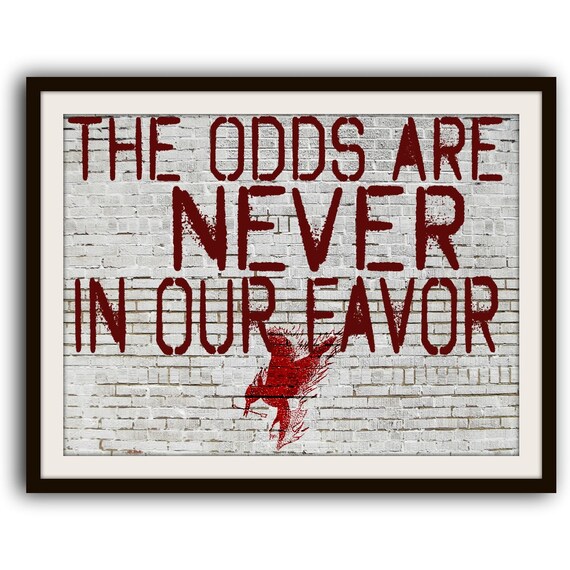Last
Love
The sense "no score" (in tennis, etc.) is 1742, from the notion of "playing for love," i.e. "for nothing" (1670s). I have wondered for many years about that tennis terminology. For the player or the fan there seems to be nothing delightful about no score. I suppose that the notion of playing from love, and for love, without any reward is in some ways about as pure a comprehension of love as we might have.
The top of the Pinterest search list for LAST was all about amore (and Dr. Who), fandom love and romantic LOVE. There is a notion in our society that romantic love is the most important ideal. Like William in Notting Hill, ‘I’m a fairly levelheaded bloke(ette), not often in and out of love,‘ so perhaps my disrespect for this notion is completely biased. There is so much more to the meaning of last and love. The love of God is everlasting, more to be sought than the changeable-ness of human romantic love. As complicated a language as English is, somehow we do not have enough distinct words for love. It may be our blitheness about romantic love
that leads us to throw around the concept of God’s love without careful
consideration for its outrageousness.
In my congregation we are using Rite 1 for Lent. I was struck by how infrequently the word
love is used while at the same time the entire liturgy is about the mutual love
of the creator and the created and how we have so regularly failed to respond
in kind. To be fair, few of the
authorized contemporary liturgical prayers spend much time with the word love
or last. I hope this is because as Annie
Dillard says: we are in worship like children playing with God’s chemistryset. Do the words love and last remain
silent because we are careful with words that are so shallowly considered? But then on the other hand, even though both
love and last are to foolishly used, at least folks can latch on to the words. A litany of 5-dollar words is lovely to me,
but perhaps sounding like a clanging symbol to some in need of these words.
Today’s Gospel reading was long. I found myself accidentally wondering how long it would last. Jesus’ encounter with the Samaritan Woman is rather deeply about love and last. She who would be last in line, so last that she comes alone to the well, she knows the Love of God incarnate when she meets him. She responds immediately to the love of God. In a world where love is packaged and sold and used to batter each other, are we so quick to claim the love of Christ? How quick are we to
share real love, God’s love? Is it first
or is it last? Does our response to love
and practice of love, does it last? Or
is it as shallow as a printed glittery heart?









